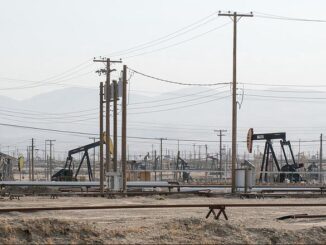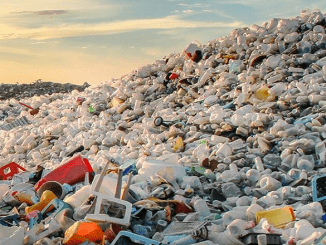The opening of a casino is often seen as a spectacle. Flashing signs, shiny halls, lights everywhere. But behind this facade lies a very real footprint that isn’t so easy to erase.
Once construction begins, grass won’t grow there again. The soil is compacted, the ecosystem disrupted. Nearby bodies of water may become polluted. Constant noise and light disturb wildlife. And if several such venues pop up in one area, it starts to affect the whole region.
Resources are consumed on a massive scale. Air conditioners run non-stop. Lights stay on 24/7. Screens, cameras, slot machines — all of it requires electricity, almost always from non-renewable sources. Over the course of a year, this isn’t just an expense. It’s a contribution to climate change. Though hardly anyone talks about it.

Sometimes the situation starts to change, thanks to cloud technologies and other advances. Some casinos install solar panels, replace bulbs with LEDs, rethink their cooling and water systems. Sorting bins appear, and some even start composting — especially if there’s a restaurant. Progress is slow. But examples exist. And perhaps their number will grow.
Some venues take a different route, furnishing their halls with materials that are less harmful to the environment. Furniture, paint, flooring — everything can be chosen to both look good and last longer. At first glance, it may seem more expensive, but in the long run, it saves money anyway.
When it comes to online casinos, many of these problems might seem irrelevant. Virtual gambling venues are growing in popularity, helped by a wave of new well-known games. Our authors understood this through the analysis of themed news sites and search query statistics. As reported on www.crazytimegame.org, Crazy Time and other live games are extremely popular in online casinos. Crash games also bring in many new players.
It may seem like these players are using the internet and doing no harm to the environment. But in reality, the volume of traffic from online casinos increases the load on data centers, which already consume about 2–3% of the world’s total energy. And in the coming years, that number might double.
What matters is not just slapping the word “eco” on the sign. It only works when real change happens inside. When purchasing policies are reconsidered, unnecessary items cut out, and thought is given to where water goes and how waste is disposed of. This way, casinos spend less and produce less garbage. Not out of noble ideals, but because it’s profitable and easier to manage.
More people are paying attention not only to convenience or prices. The business’s attitude toward the environment is becoming increasingly important. Some now take public transport or choose hybrid taxis. Others specifically look for venues without disposable chips or excessive packaging. These decisions may seem small. But when there are many of them, the effect becomes noticeable.
This is no longer just a whim of the public. It’s more like a reminder: it’s time to change. And the earlier it starts, the easier it will be later. Sometimes it’s enough to get rid of disposable cups or switch from imported water to local brands. Even such small actions are seen as steps in the right direction.
People are more and more curious about how a business operates internally. Not just about prices or comfort. When a company takes sustainability seriously — for example, by updating lighting, cutting down on excessive supply chains, or sorting out recycling — it shows. And it works.
When an eco-management system is launched, things move faster. It’s not just about waste sorting. It’s more a way to understand where resources are being lost and where savings can be made. The system helps make decisions based on facts, not guesses.
Sometimes it’s easier not to go it alone. Many join industry associations. These already offer working methods and proven solutions. They say it’s easier to adopt someone else’s experience than to invent your own from scratch. Maybe that’s true.
Switching to a green course brings results. Not immediately, but gradually: lower costs, greater trust, more stable investor relations. This isn’t science fiction. It’s already happening.



